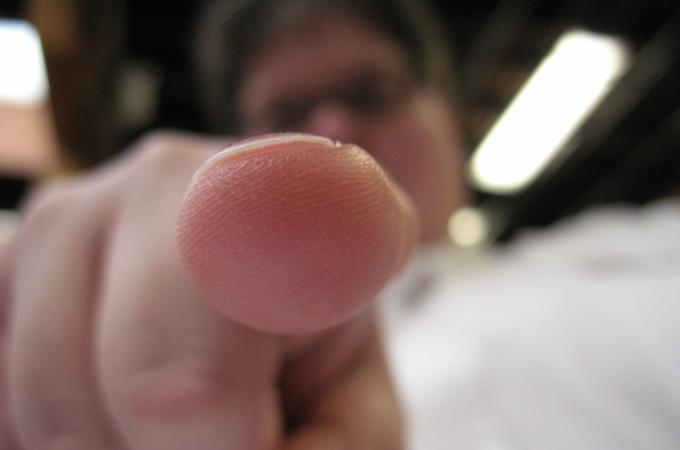Parish as dictatorship
Q. Could you explain to me why Catholic parishes are run as dictatorships and are not democratic? Priests who act as dictators are driving young people to go to non-Catholic services or to quit altogether. Priests are 9-to-5 employees who do not earn their salary; if they were in the real world, many of them would be fired.
As parishioners, we do not have any say in how the parish is run, how parish revenue is spent or how much the priest should be paid. At parish council meetings, we spend a lot of time discussing issues, only to have the pastor veto what we had voted on. And rectories are being remodeled to look like palaces. I wish I could sign my name to this, but I fear my parish would suffer the consequences. (Wisconsin)
A. Let me take your litany of complaints one by one -- a list, by the way, which I needed to shorten to fit the limits of this column. First, you are right: The Catholic Church is hierarchical, not democratic, and has been so since the time Jesus gave to Peter the heavy burden of primacy. That chain of command is reflected today, with the responsibility of leadership conferred on popes, bishops and pastors.
One reads with interest the sad saga of "trusteeism" in the 19th century church in America, when lay trustees held title to church property and assumed a host of other powers, including the hiring and firing of pastors. (One priest in Louisiana was beaten by ruffians with the tacit approval of parish trustees; among his "sins" was that he had approved distributing catechisms to blacks.)
At the same time, though -- and especially since the Second Vatican Council -- the church has been calling for an increased role for the laity in guiding the plans and programs of a parish, so a pastor's role should by no means be a "dictatorial" one.
If laypeople really "have no say" in how your parish is run, that is an abuse and your grievance is valid. A lay finance council for each parish is mandated by canon law and helps to draw up the parish budget. Many parishes also have a parish council to address the pastoral and other administrative concerns.
As to rectories that "look like palaces," that, too, would be an abuse. Jesus said (in Matthew 25) that each of us will be judged finally by how we treated those in need, and Pope Francis said (at Christmas time in 2013) that, "In imitation of our Master, we Christians are called to confront the poverty of our brothers and sisters, to touch it, to make it our own and to take practical steps to alleviate it."
A priest who lives a lifestyle far above his flock violates that command.
And last, as to a priest's schedule, I have been a pastor now for 24 years, the only priest assigned to a parish with 2,000 families and a school; and I can honestly say that an 11- or 12-hour workday is the norm, weekends included. So to your contention that priests are "9-to-5 employees," my only response is, "Where do I apply?"
Q. I am curious as to the church's definition of suicide and how it may apply to my situation. I am an 85-year-old male Catholic, and I have been diagnosed with third-stage kidney disease. When the disease progresses to the point of requiring dialysis, I do not want to undergo that treatment.
I would rather die naturally -- at home or in hospice -- and I have on file a medical directive that says so. (My sister-in-law -- also a practicing Catholic -- began dialysis, but the treatment was so painful and life-changing that she suspended it and chose to die at home.) (Baltimore)
A. The Catholic Church does not require a patient to undergo every medical procedure imaginable just to stay alive, particularly if that treatment might be excessively burdensome. It depends on someone's medical condition, the treatment itself and the prognosis.
In your case, dialysis would be considered an "extraordinary means" and would not be required. It would only prolong your life for a short period, and the risks might well exceed the benefits. If, on the other hand, a teenager with a kidney condition were in an auto accident and needed dialysis for a short period of time to transition back to relative health, that would be a different matter. (You will probably feel more comfortable, though, speaking with a local priest and getting this same assurance in person.)
- - -
Questions may be sent to Father Kenneth Doyle at askfatherdoyle@gmail.com and 40 Hopewell St. Albany, N.Y. 12208.
- Father Kenneth Doyle is a columnist for Catholic News Service



















